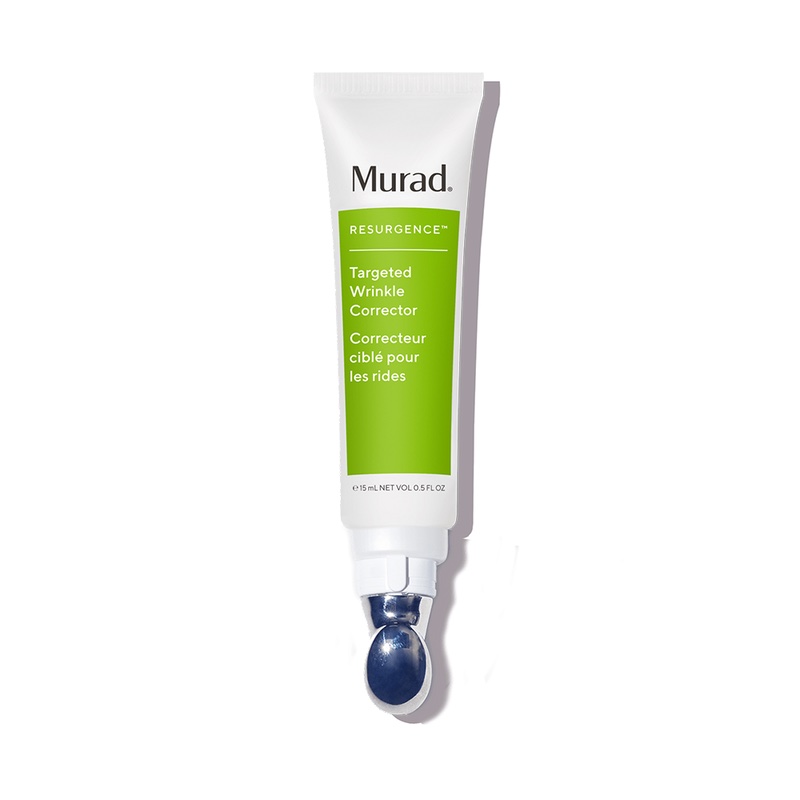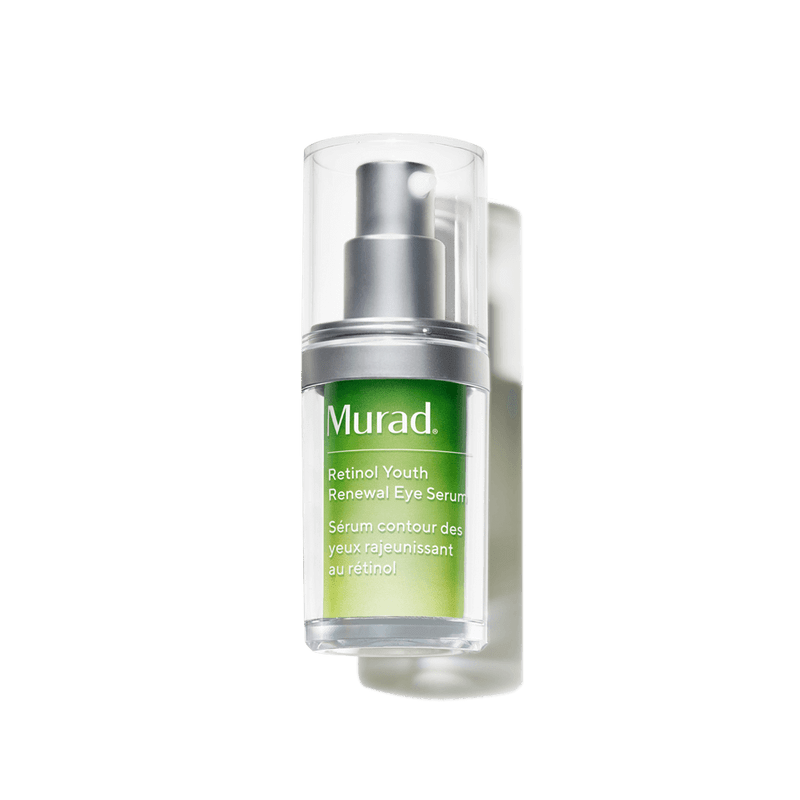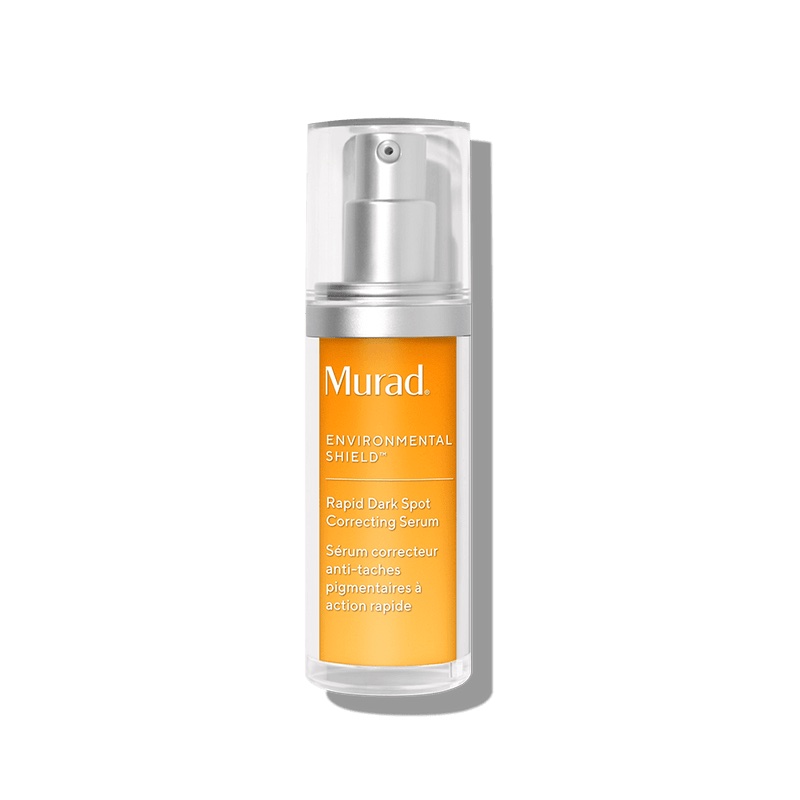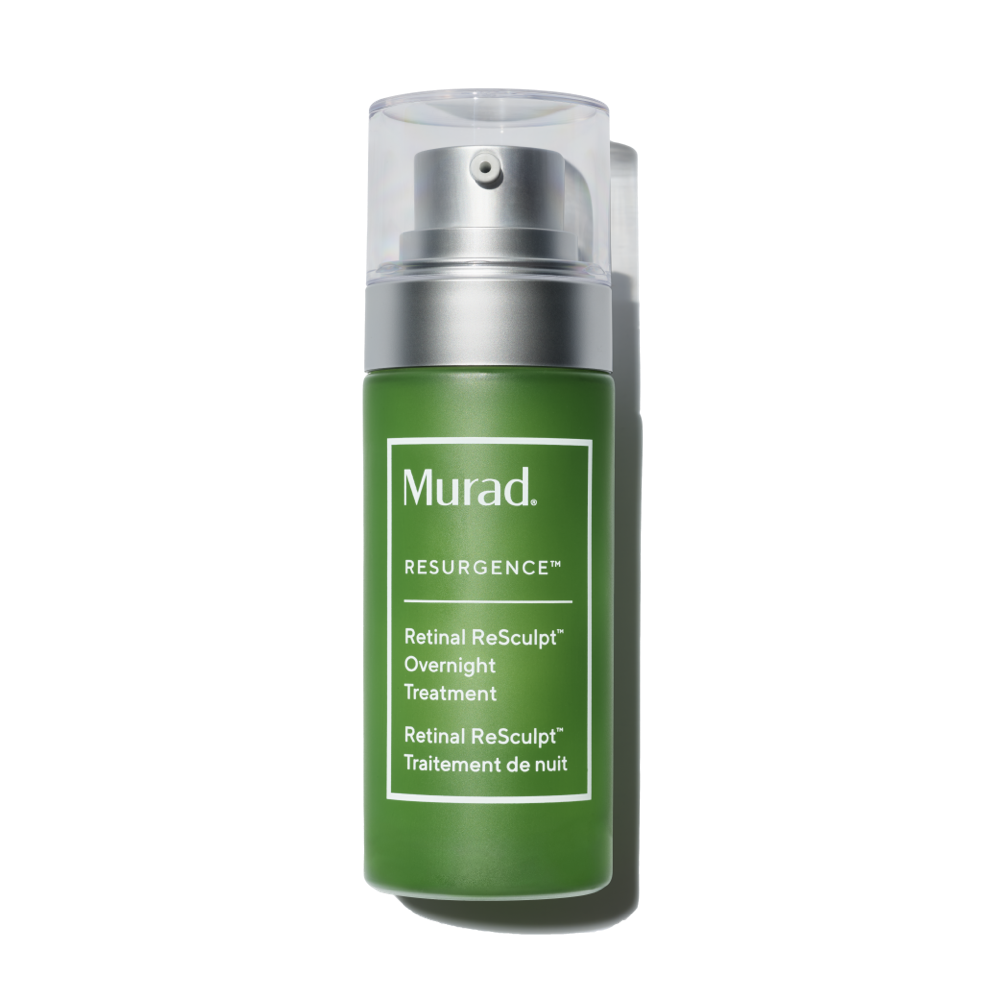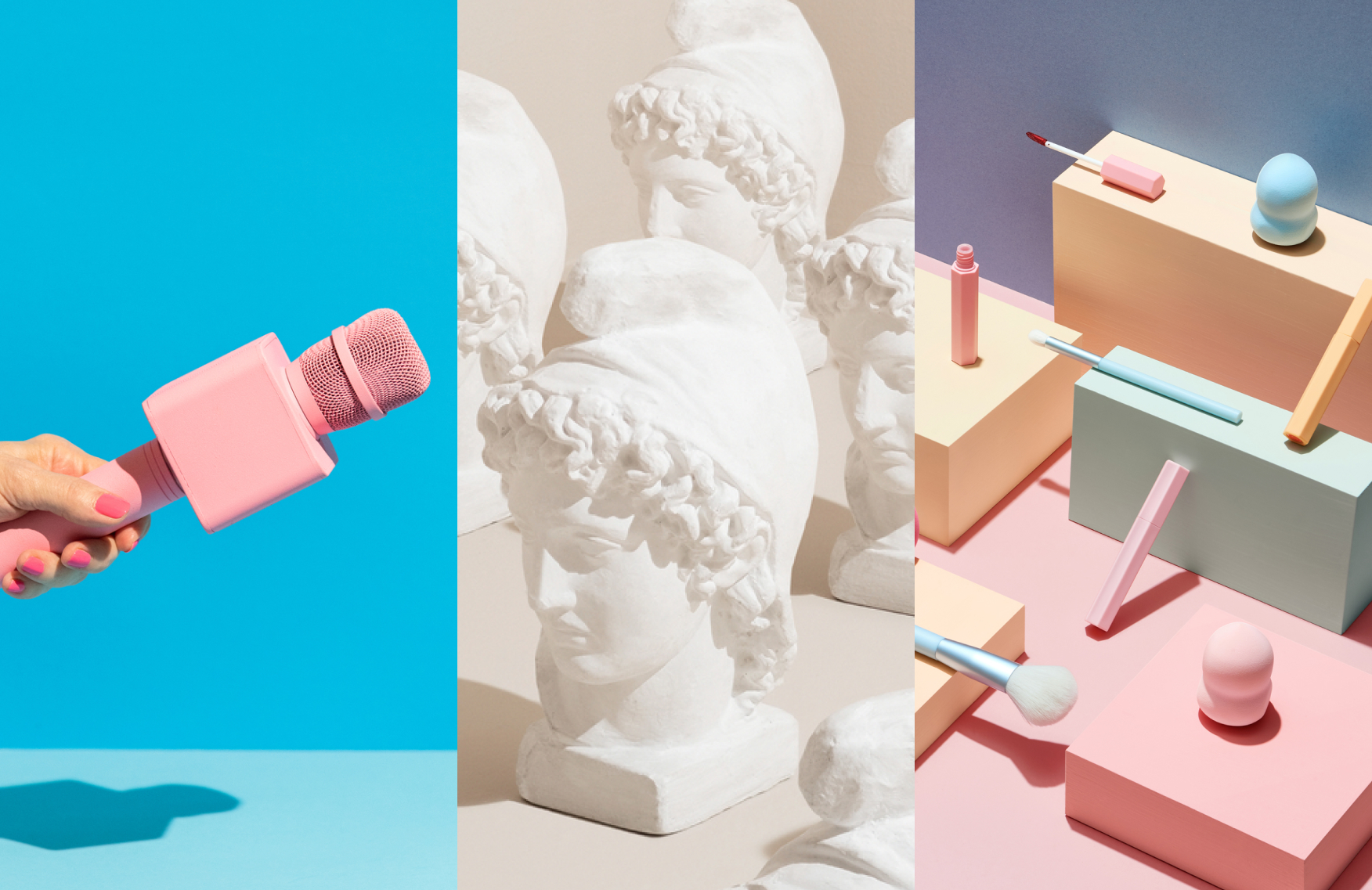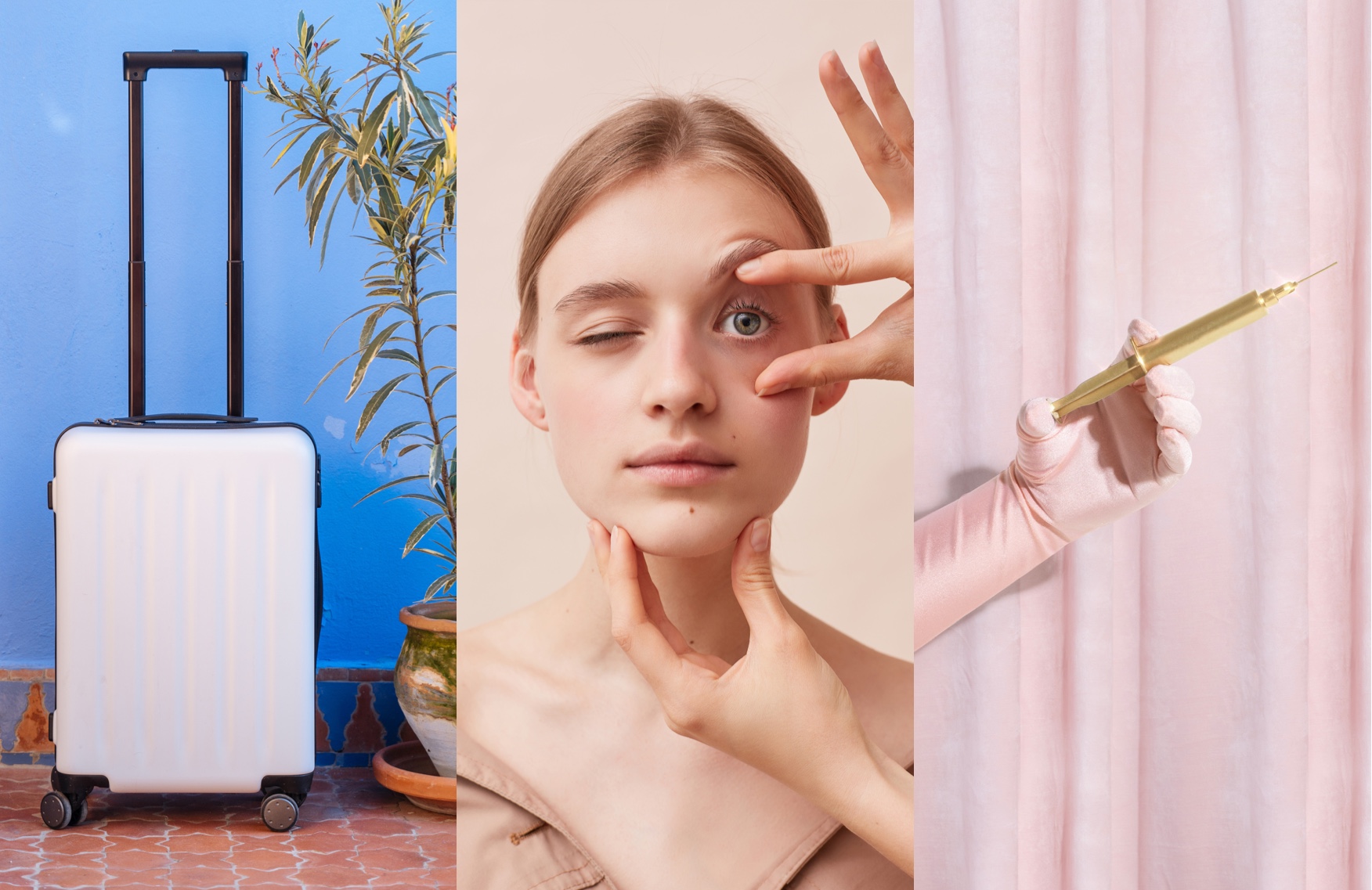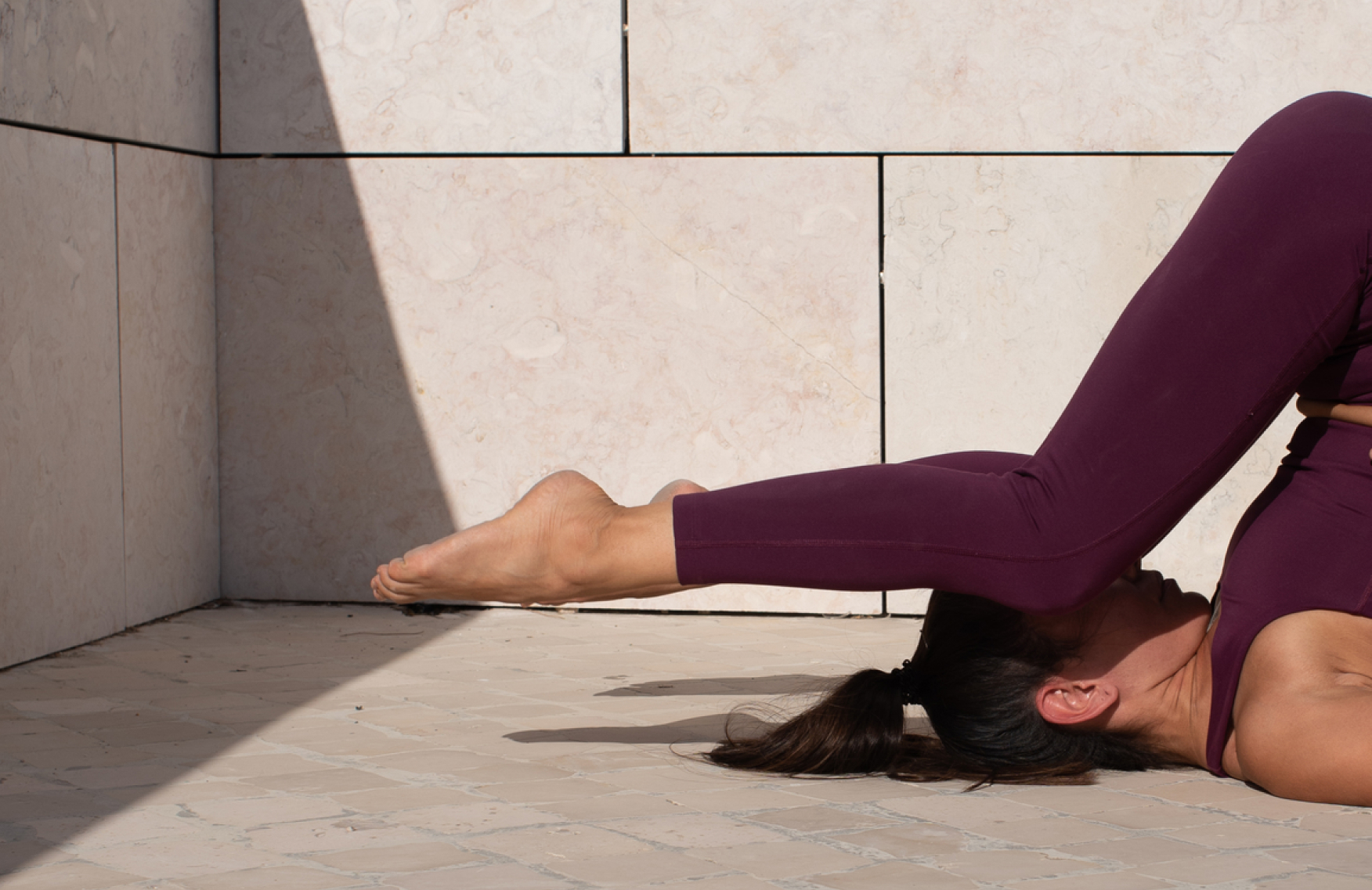Is buying skincare a luxury, necessity, or both? A money expert weighs in
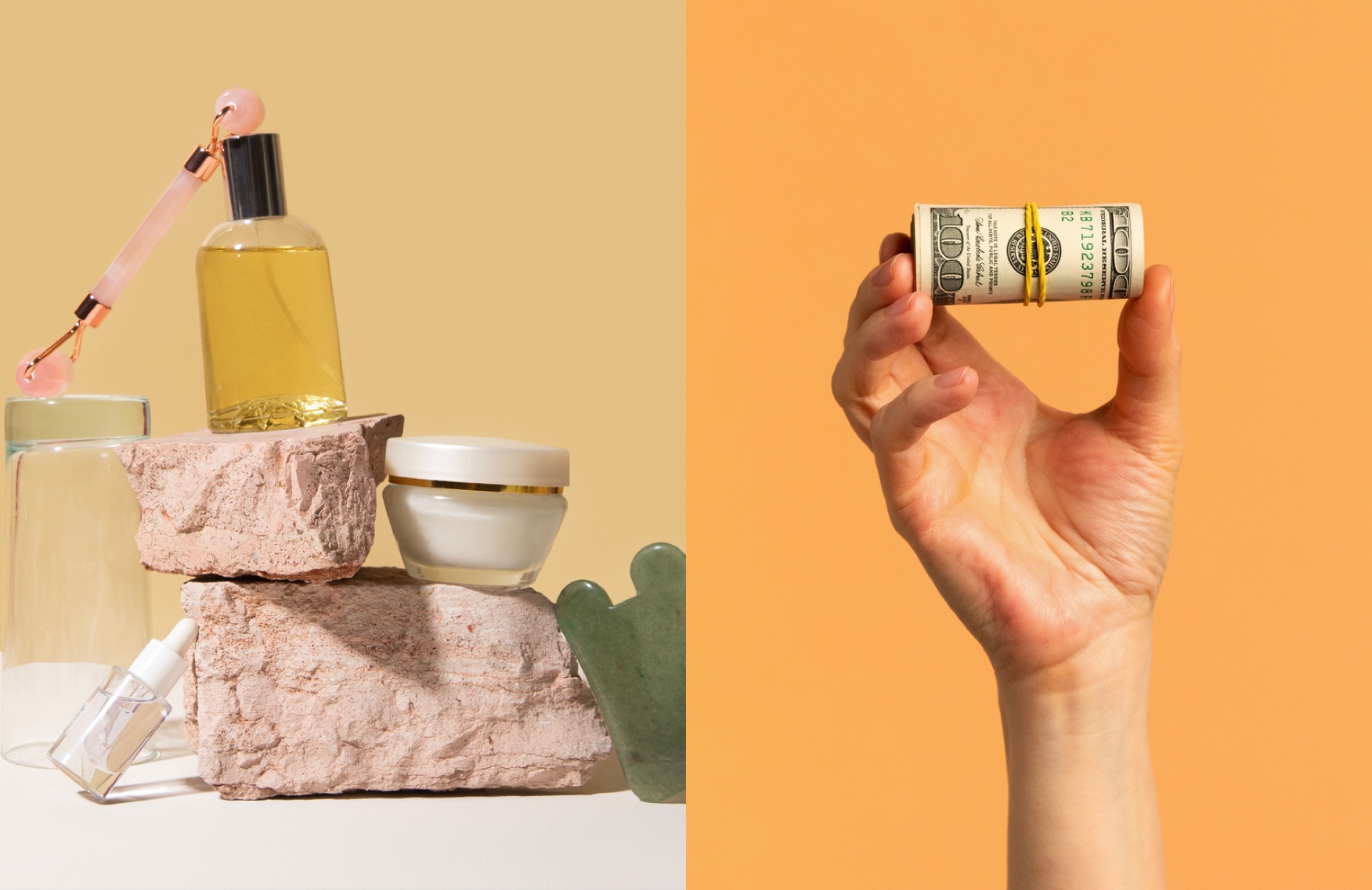
Some would argue that skincare is a luxury and indulgence, while others consider their skincare routines as a form of selfcare—a daily, meditative practice that positively impacts their overall wellbeing. How do we reconcile the solace we find in caring for our skin with the shame spiral that sometimes comes with dropping money on products? We talked to writer, director and Bad With Money podcast host Gabe Dunn about whether self-care is a luxury or a necessity and how we can apply those “treat yourself” principles to our finances.
How important is it to prioritize self-care?
Dunn: [The term] was created in response to marginalized people feeling run down by a world that doesn’t love them. Selfcare is part of being a human. If you don’t do it, you’ll burn out. I used to resent the idea that I would have to reset in order to perform better. But we are corporeal beings and your body will only go so far—it will tell you to shut down.
I don’t like the implication that selfcare is an indulgence, because it often falls on women or people assigned female at birth. For women, if you showed up to work and your hair’s a mess, your skin’s a mess, you unfortunately wouldn’t be able to move on in your job. It’s part of being pulled together. [Men] don’t understand all the extra stuff that goes into it.
What is a luxury and what is a necessity? How do you determine that?
Dunn: You can determine that for yourself. There’s a really great budgeting method that I heard from Tiffany Aliche, also known as The Budgetnista. She had this idea to make a list of things that go into A, B and C categories. A items are necessities like rent, food and utilities. B items are things like streaming subscriptions. C items are pleasurable things like getting ice cream every Wednesday. People most often will cut all the C things. If you make those lists, you can cut from B sometimes and still be able to do a couple of the C things instead of getting rid of all the C’s. It all depends on what you choose to prioritize.
From the conversations you’ve had on your podcast, Bad With Money, how have you seen people reconcile those priorities and figure out those needs?
Dunn: There’s a lot of shame, and people don’t talk about money with their friends. Sharing information is one way to get rid of that shame. I think because people are buried under shame, they don’t look into ways they can do all the things they love, but in a way that makes more sense and they can benefit. I’ve had people trying to reconcile their values with convenience or with getting the things they want or need.
Where does that guilt and shame come from? If you spend $50 on eye cream, are you being bad with money?
Dunn: It comes down to how you were raised around money. Some people were taught by parents who, if they were sad, they’d buy them a toy. And other people’s parents were like, here’s a bank account, learn about interest rates. We need more communication without judgment.
I never understood makeup until I heard a drag queen talk about how she likes to take a long time to do it. She puts on music and it’s meditative. For some people, it’s not about the eye cream, it’s about the process and meditation of putting it on and doing all the steps. I think we’re sold a lot of stuff we don’t need. But if something makes you feel better and it’s meditative, does it matter if you need it?
How can you practice self-care when it comes to money and finances?
Dunn: I’ve been thinking about interest rates a lot. A simple thing is moving some money to a high yield savings account that has a little more of a percentage. And that’s not spending anything to do that. Things like that, where you’re shifting a little bit, can make you feel more empowered. For me, it was taking my head out of the sand and looking at stuff and feeling like, okay I did this one little thing where I looked at this interest rate and chose one that was the best for me.
You can also follow a bunch of financial content creators from marginalized groups on Instagram. There are great Black women financial gurus like The Budgetnista, The Boujee Banker, Patrice Washington. If you’re queer, the Debt Free Guys, River Nice and Rose Han are great sources.
Want more money advice from Gabe? Check out his episode of our podcast here.
The views expressed in this article do not necessarily represent the views of Murad, and are for informational purposes only, even if the advice of physicians and medical practitioners are included. This article is not a substitute for professional medical advice, diagnosis or treatment, and should not be considered specific medical advice.
